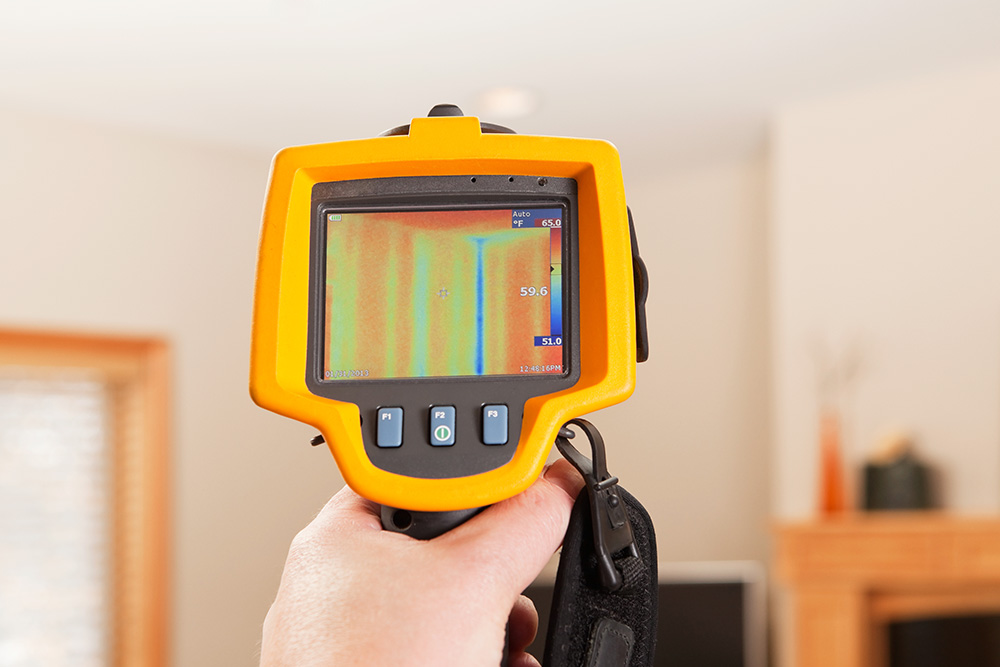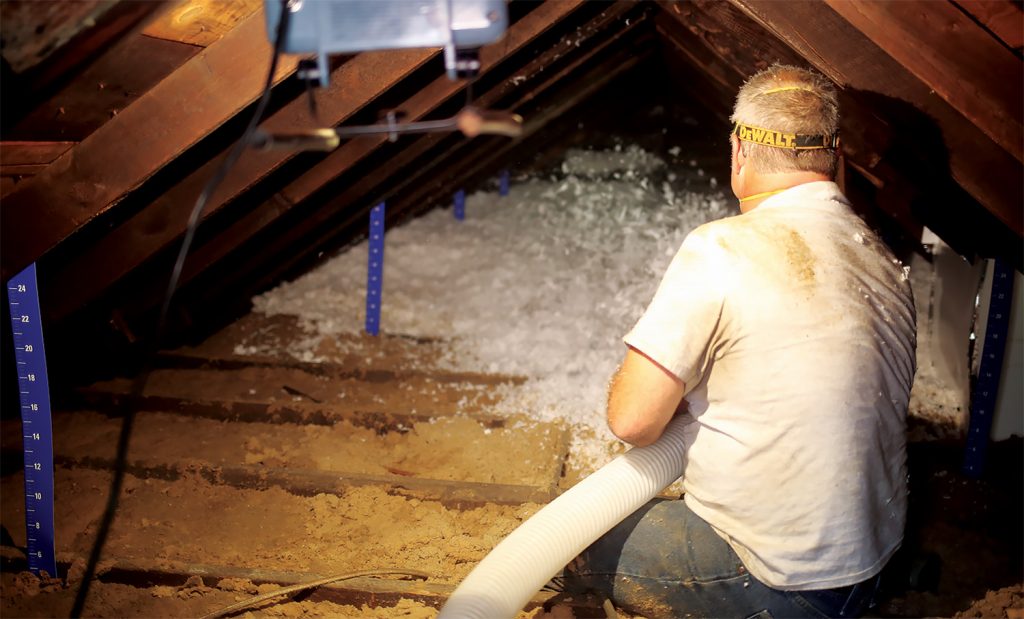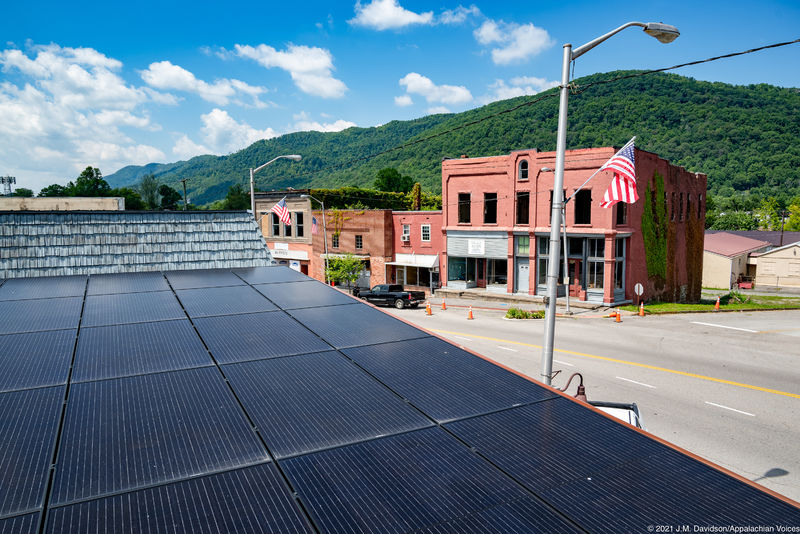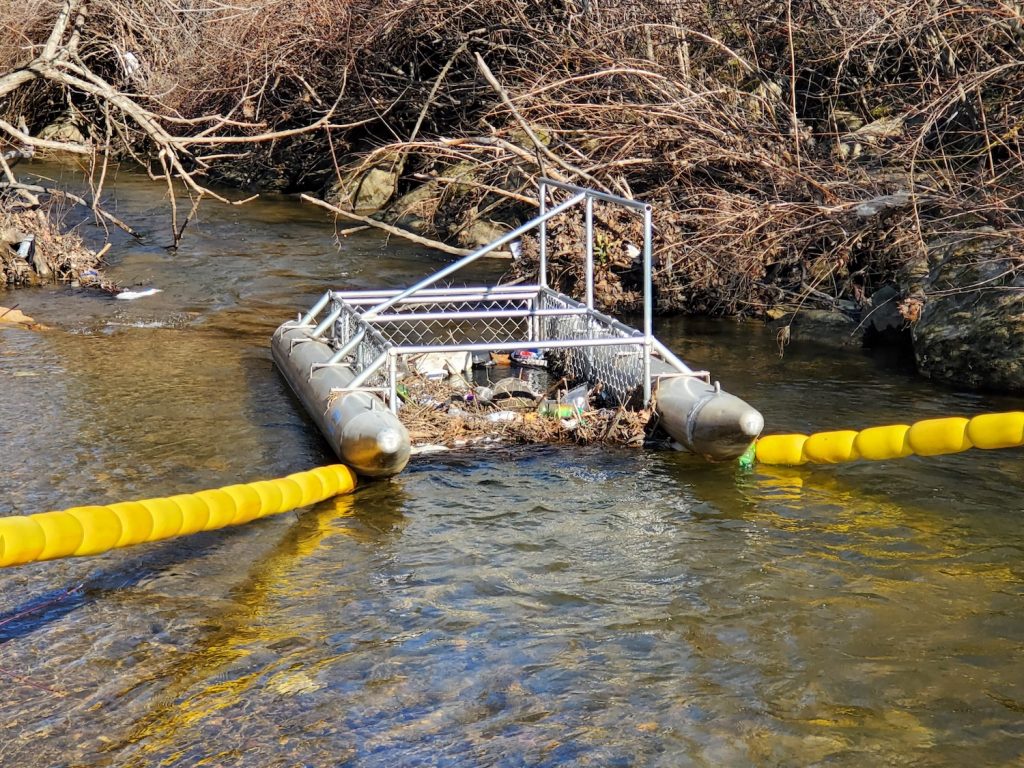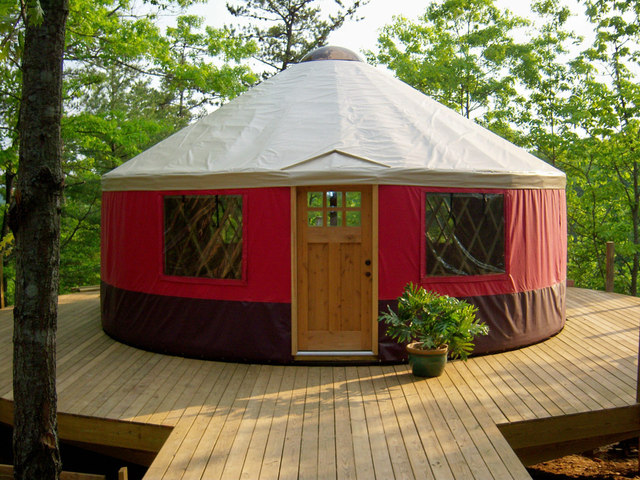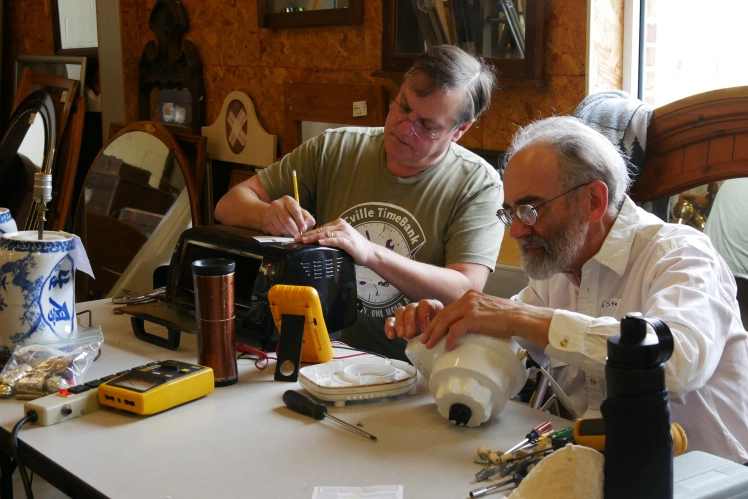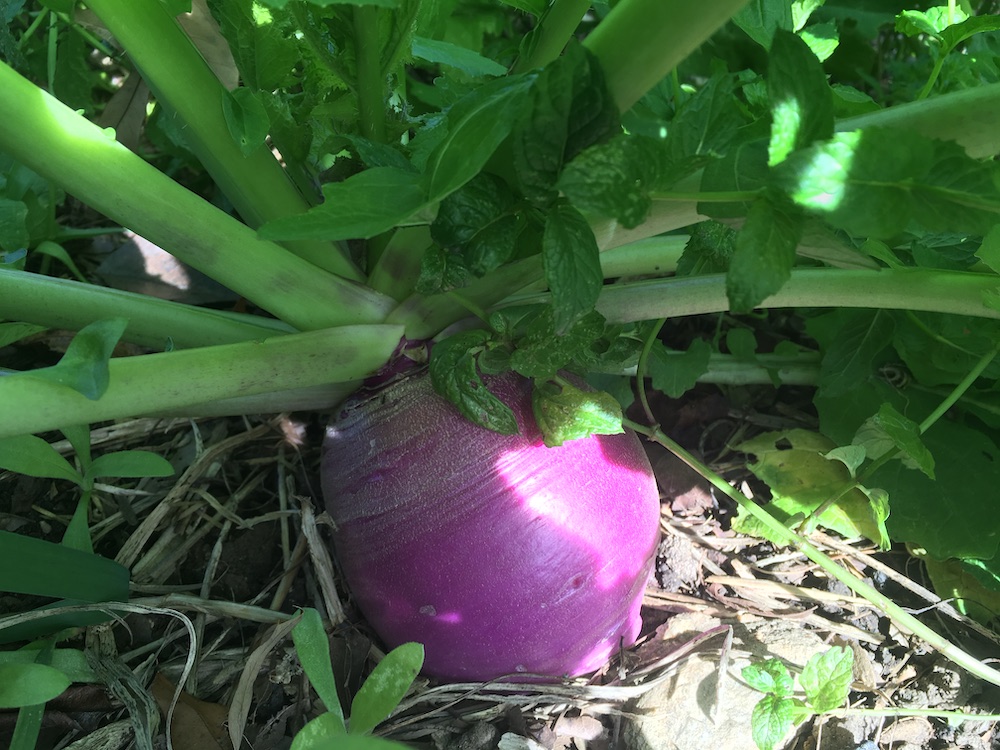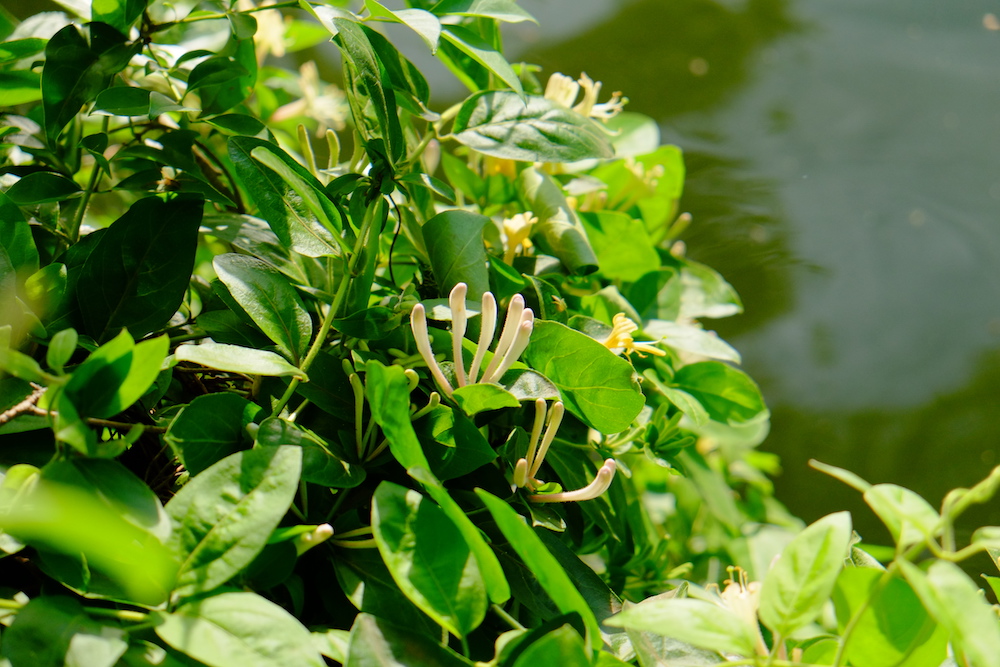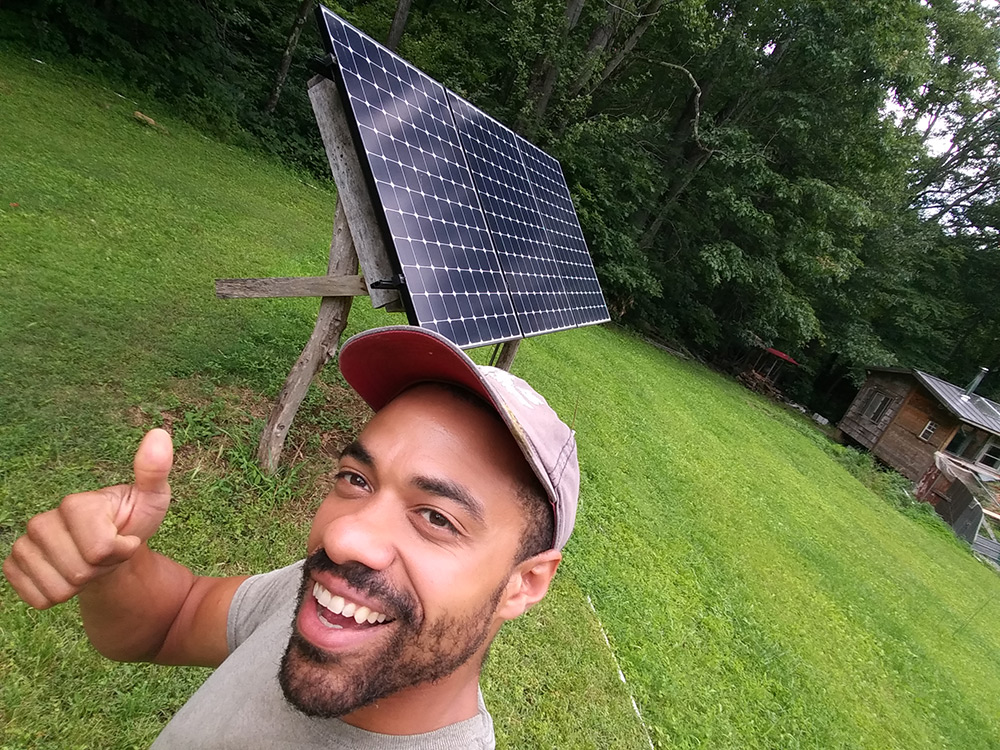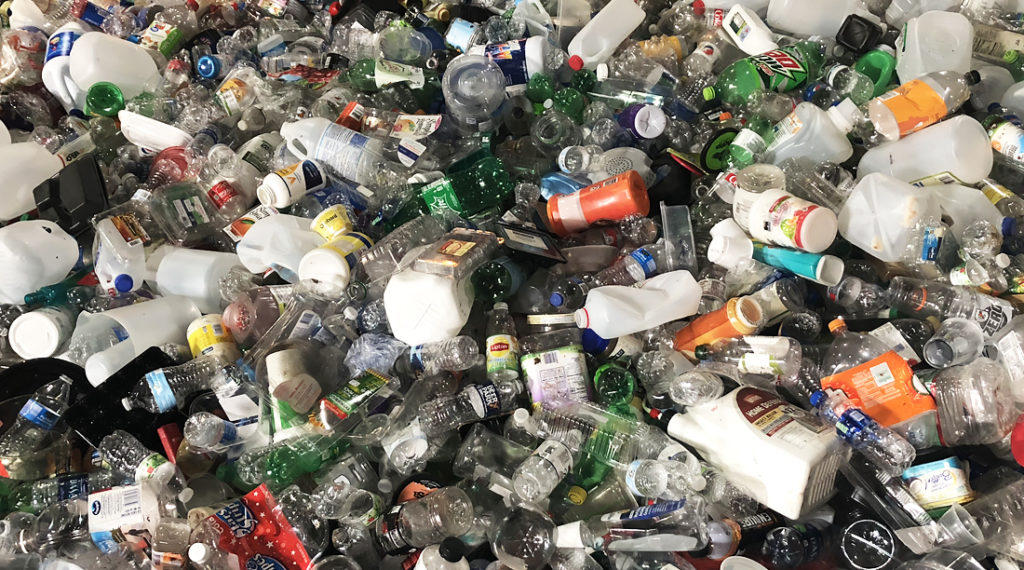This Green House
Lowering Costs for Energy-Efficient Home Upgrades
Tax credits and rebates can help homeowners make energy-efficient upgrades.
Read MoreHow Home Repairs Enable Energy Efficiency Upgrades
Funding for a Virginia program that helps low-income residents repair their homes and receive energy-efficiency upgrades is at risk.
Read MoreWhat Can the New Clean Energy Programs Do For You?
Our guide breaks down what the new clean energy programs can do for your home, business and community.
Read MoreTrash Trouts are Collecting Litter and Data on Waterway Pollution
These floating devices use a catch-and-release system to trap trash in small tributaries before it reaches main rivers and help gather information on microplastics in waterways.
Read MoreYurts and the Significance of a Circle
Yurts offer an affordable, cozy housing option with a light environmental footprint.
Read MoreRepair Movement Reinvigorates Fix-It Culture
Instead of throwing away broken electronics, furniture, appliances and more, community groups across Appalachia oppose disposal by fixing these items and teaching their neighbors how to do the same.
Read MoreGetting Started Gardening
Make 2020 a year of new growth by starting a garden.
Read MoreBeware of Spreading These Common Invasive Species
Don’t be fooled by their looks — many popular plants sold in nurseries are actually invasive species that can kill off local flora.
Read MoreAn Appalachian Solar Tour
Numerous Appalachian homes and businesses took part in the 2019 National Solar Tour in October, sharing their experiences and opening their doors to the public to view their solar installations.
Read MorePushing Back Against Plastics
Check out 10 ways to reduce your plastic footprint, and learn why the fight against plastic is connected to the petrochemical industry’s plans to expand in Appalachia.
Read More
